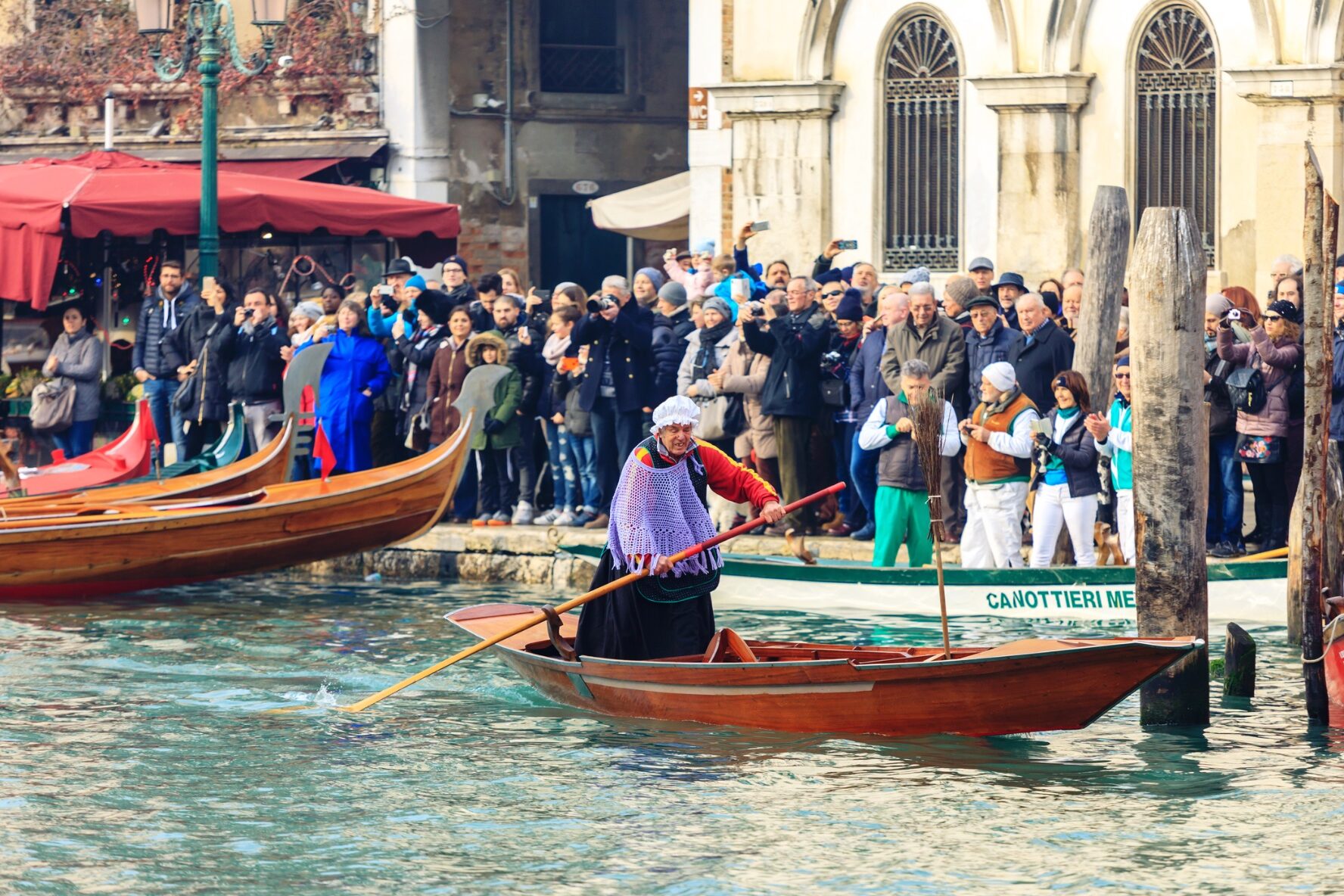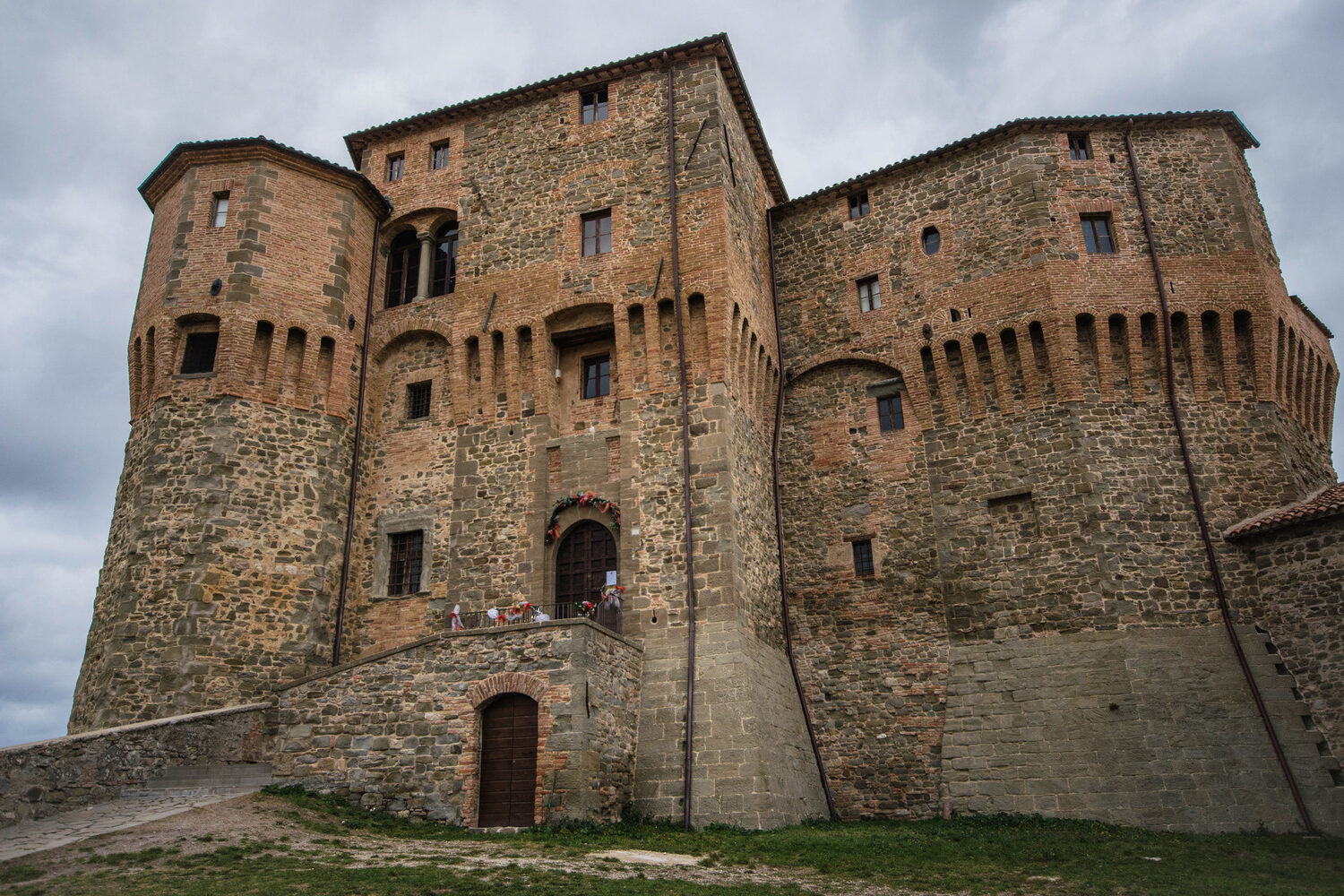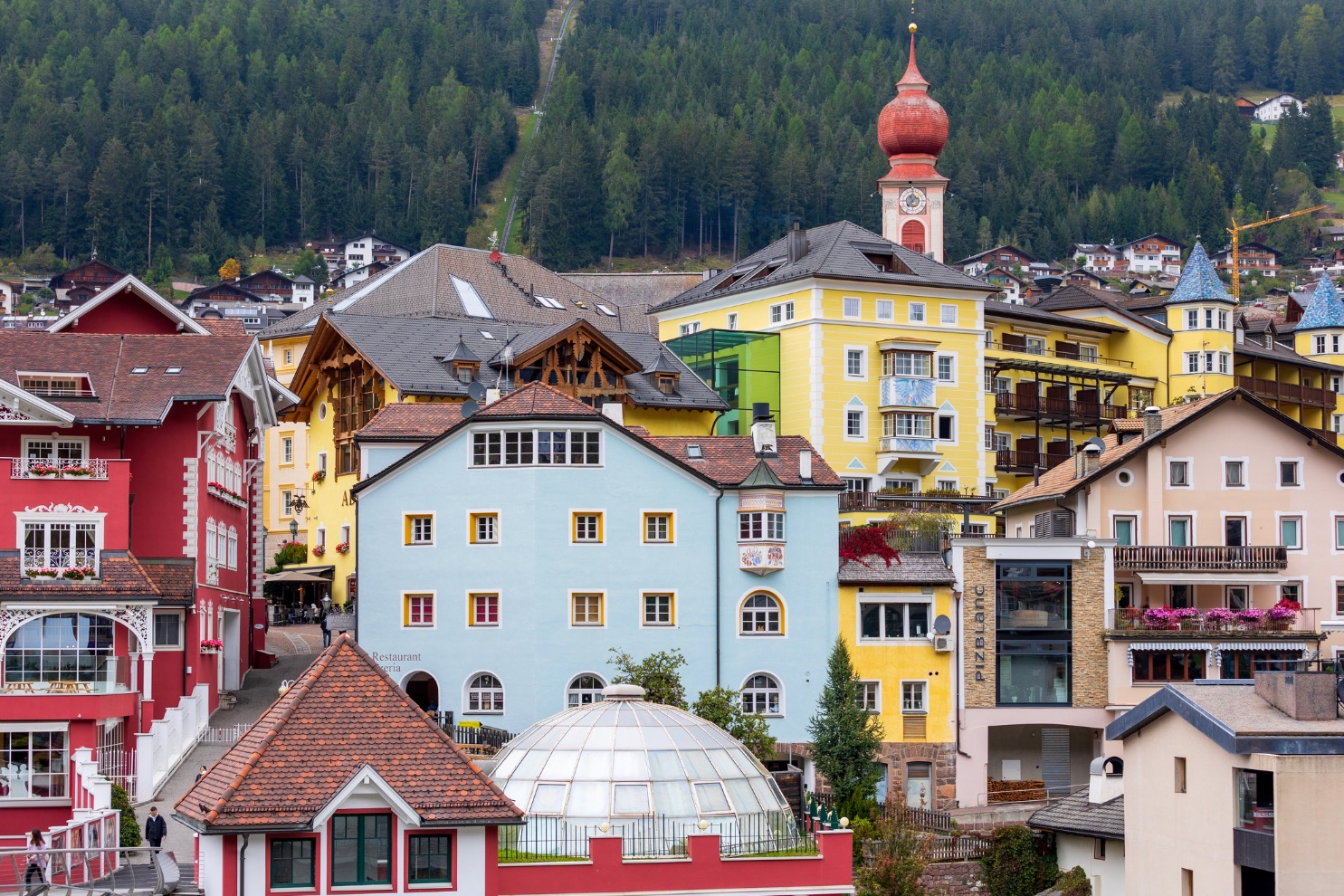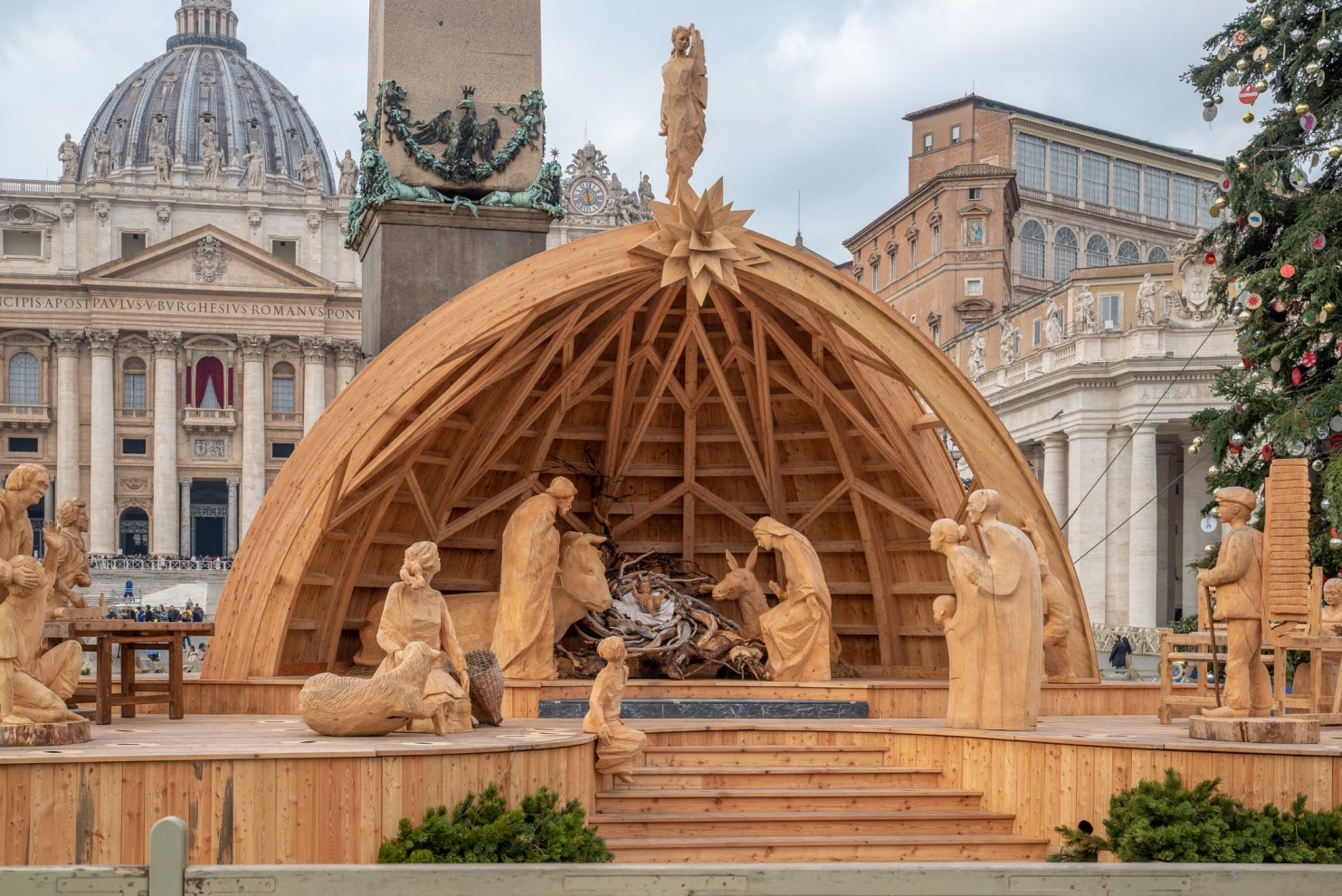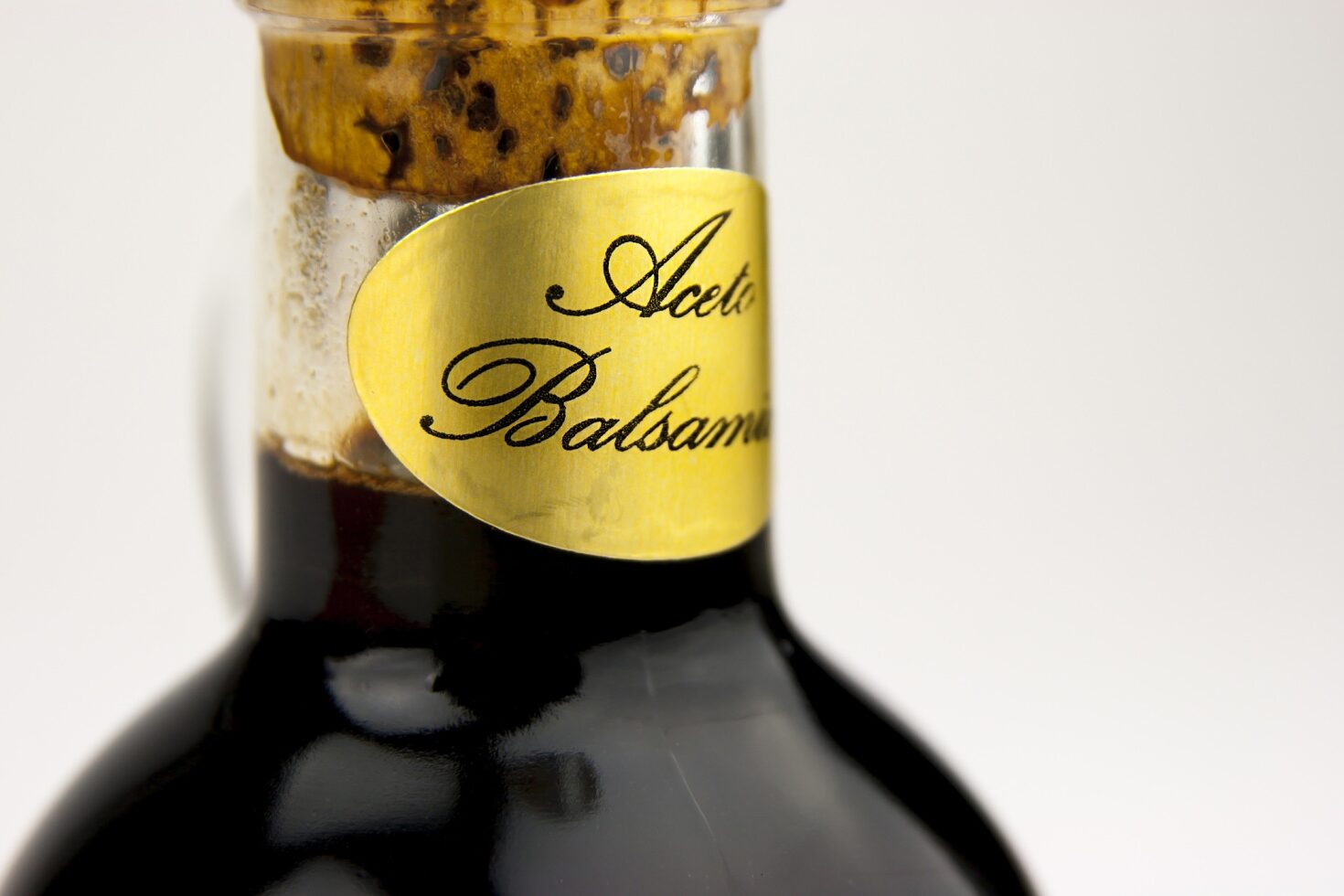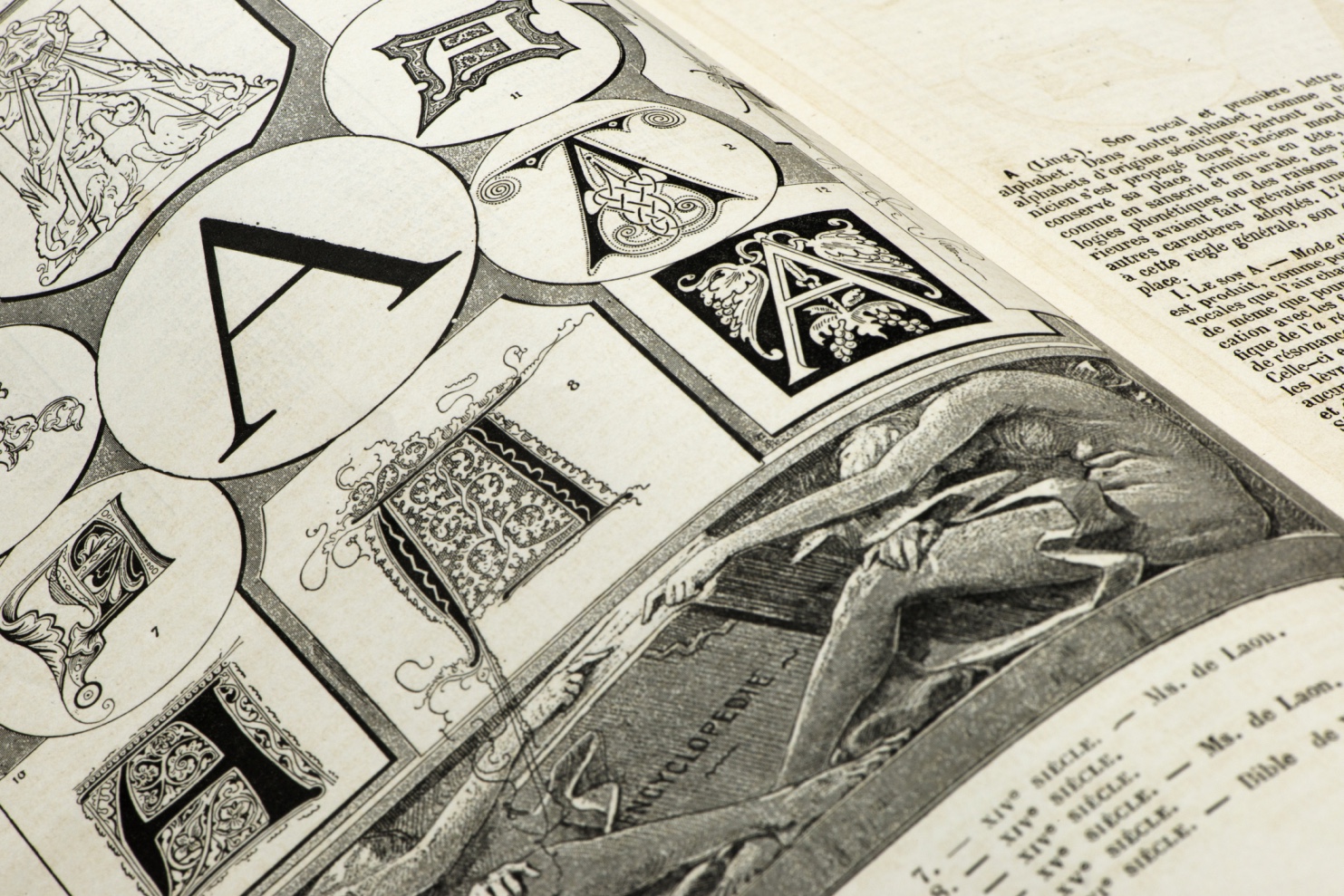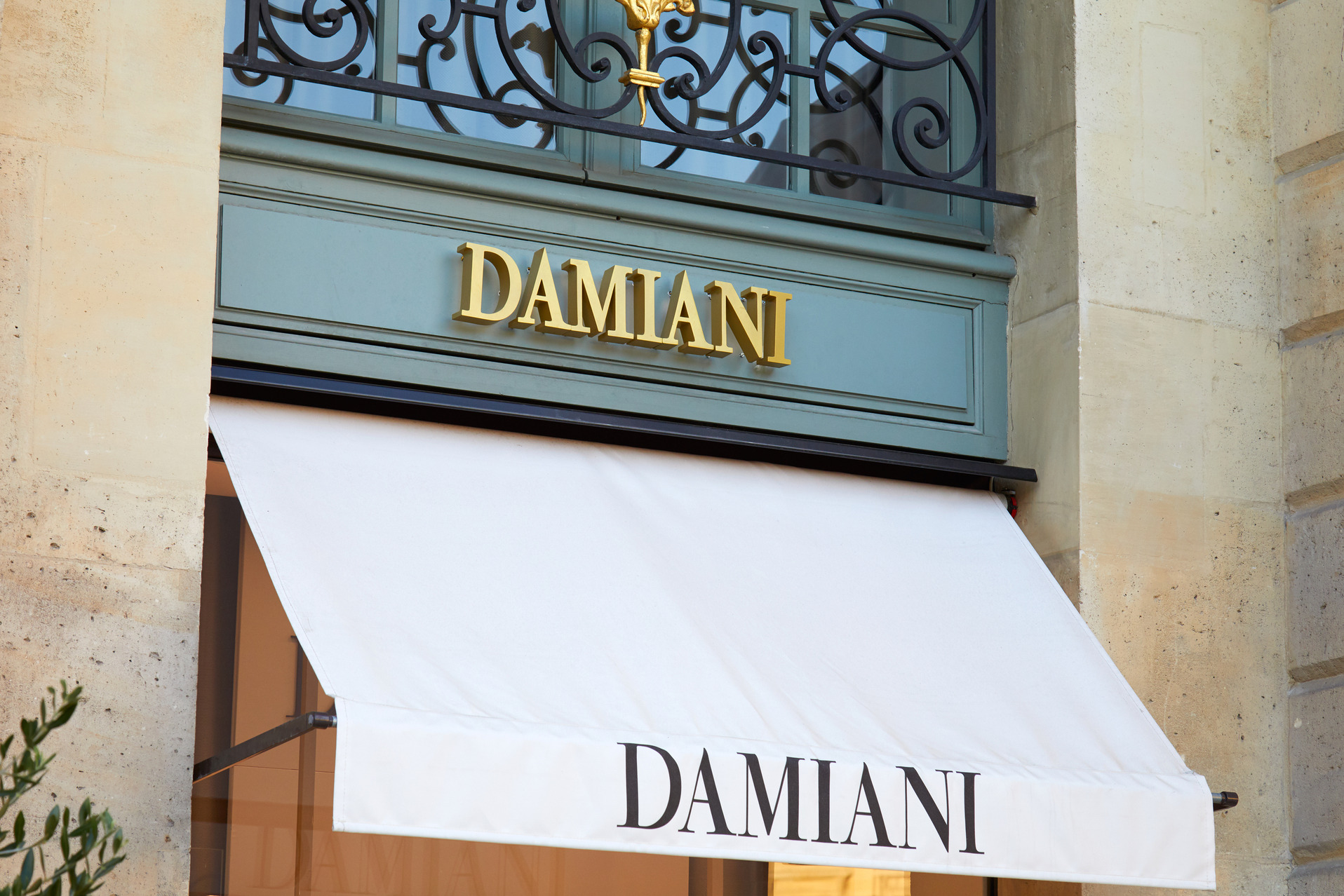Staff
The Regata delle Befane is a cherished Venetian tradition held annually on January 6th, coinciding with the celebration of the Epiphany. It is a whimsical event featuring veteran rowers from the Reale Società Canottieri Bucintoro, Venice’s oldest rowing club, founded …
The invention of the modern coffee machine is credited to Angelo Moriondo, an Italian entrepreneur from Turin, who patented the first steam-powered device for brewing coffee in 1884. This revolutionary machine laid the foundation for the espresso machines we know today. …
Sant’Agata Feltria is a village in the hills of Emilia-Romagna, a place where you can meet history and charm at every corner; it’s the kind of place that makes you feel a tad like you’re on a stage, with its …
Ortisei, known as Urtijëi in Ladin and St. Ulrich in German, is a charming town in Italy’s Val Gardena, within the Dolomites of South Tyrol. Approximately 25 miles (40 kilometers) northeast of Bolzano, the provincial capital, Ortisei is famous for …
The tradition of the Christmas Tree and Nativity scene in the Vatican is a relatively recent but deeply symbolic addition to the Church’s celebration of Christmas. The Vatican Christmas Tree was first introduced in 1982 during the papacy of John …
Family-owned company Ponti has been synonymous with premium vinegars and condiments since its inception in 1787. Giovanni Battista del Ponte, a farmer in Sizzano, Piedmont, began producing wine and wine vinegar, laying the foundation for a business that would endure …
The tradition of compiling comprehensive works of knowledge, known today as encyclopedias, finds its origins in ancient Rome. Roman scholars worked to systematically gather and document the breadth of human understanding, laying the foundation for an encyclopedic tradition that has …
In Italian, ringraziamento is used to signify formal thanks or appreciation, often in public or ceremonial contexts. For example, one might say, Vorrei esprimere un sentito ringraziamento a tutti voi, meaning “I would like to express heartfelt thanks to all of you.” …
The history of Damiani, one of Italy’s most renowned jewelry houses, began in 1924 in Valenza, a small Piedmontese town with a long-standing tradition of goldsmithing. Founded by Enrico Grassi Damiani, a talented artisan with a passion for creating refined …
The new year is just around the corner and, for many, it is customary to reflect on their achievements and experiences. In Italian, the term resoconto (rai-soh-cohn-toh) aptly delivers the meaning of this practice. Derived from the combination of reso …
